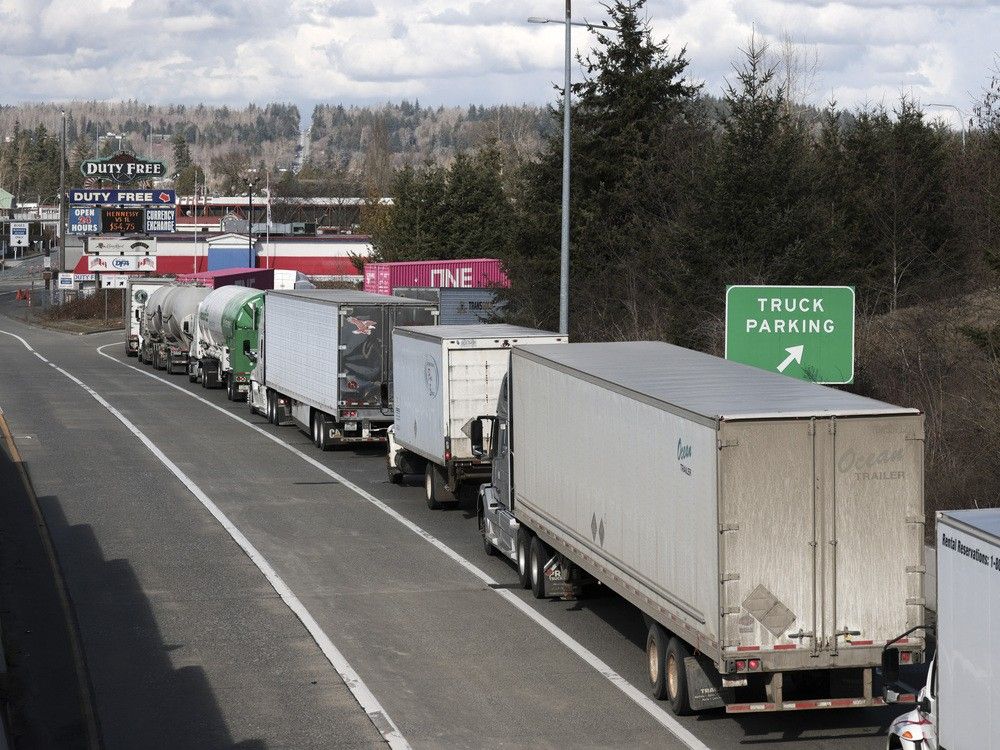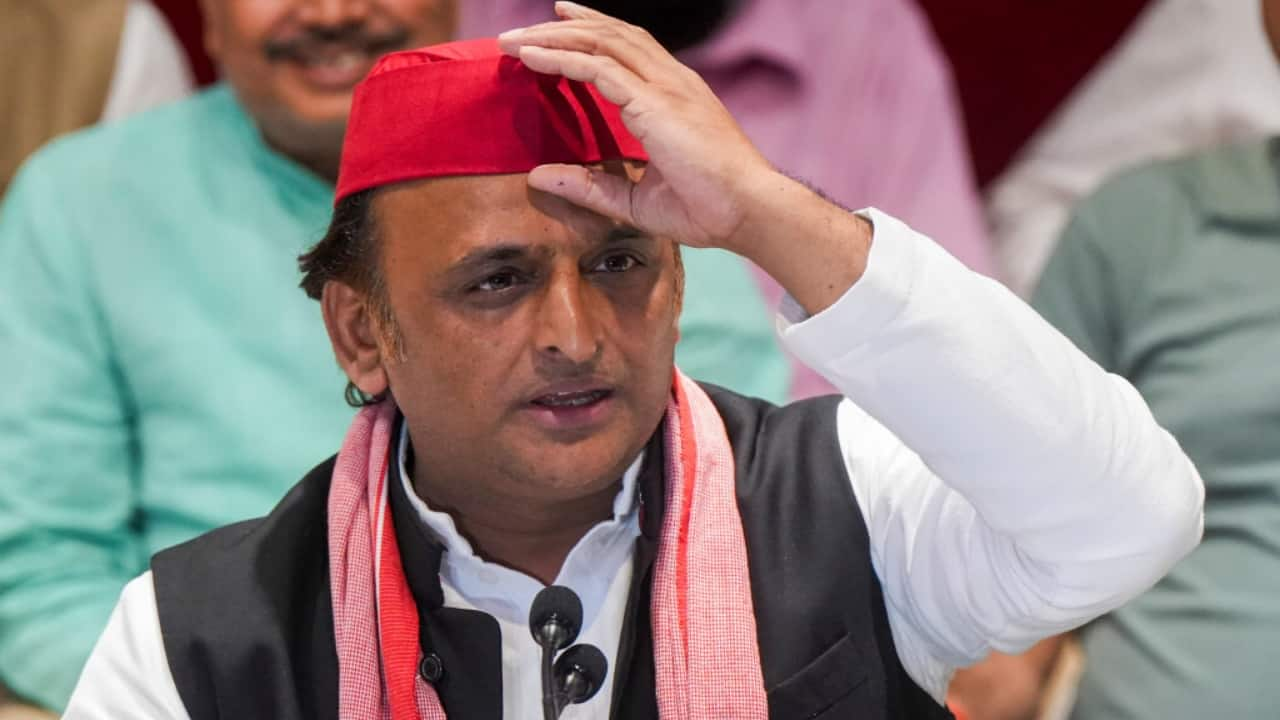VICTORIA — Premier David Eby toughened B.C.’s response to the Trump tariffs this week, directing ministries, Crown corporations and agencies to terminate contracts with American suppliers wherever possible.
The order was mandatory, not voluntary, Eby emphasized. “This is a direction that’s coming from me to government, through the head of the public service and to the boards of directors and to the Crown corporations that we’re responsible for,” he told reporters Thursday. “They must do the work.

Where it’s not possible to substitute Canadian products, they need to work with suppliers to try to find ways to encourage the development of Canadian products and services that will substitute for American.” It applies to contracts and suppliers large and small. “Make sure that you’re cancelling travel that’s not essential.
Look at the subscriptions in your office. Minimize your participation in American trade organizations,” said the premier. “Ensure that when there’s a viable Canadian alternative, you’re choosing that company, you’re choosing that publication, you’re choosing that organization.
” The only practical limitation, other than availability, is cost. “We’re not going to incur dramatic additional costs to be able to achieve this. So we are expecting good judgment from the Crown corporations and from government.
” Eby declined to specify a cost limitation. Paying 10 per cent more on a subscription would be no big deal. But it could mean a prohibitive cost to a supplier contract worth tens of millions of dollars.
A reporter asked why B.C. hasn’t been preferring Canadian suppliers all along.
“Because we entered into a trade agreement with the United States where we agreed to treat American companies as equivalent to Canadian companies for the purposes of government procurement,” said Eby. U.S.
President Donald Trump had “trampled that agreement,” freeing the province to prefer domestic suppliers and contracts. Still, B.C.
would be selective in managing its ties, said Eby. The province intends to continue exchanges with leaders from neighbouring jurisdictions like Washington and Alaska. It will maintain its membership in the Pacific Northwest Economic Region, a cross-border partnership with U.
S. a half-dozen U.S.
states. “Our relationship at the political level to speak with Republicans particularly, to identify people who are friendly to our cause and encourage them to deliver the message to the president and to other Republicans is something that we can’t pass up on.” He cited the example of Senator Lisa Murkowski, an Alaska Republican, who recently joined several other Republicans in opposing Trump’s punitive actions against Canada.
“I haven’t had the opportunity to reach out to Congresswoman Murkowski yet to thank her for her efforts to condemn the tariffs,” said Eby. “But I look forward to doing so, and I’ll thank her publicly right now for that.” Nor does the premier’s edict mean that B.
C. would be exercising a preference for China. Rather, he’s encouraged Prime Minister Mark Carney to “build a coalition of countries that value democracy, that value human rights, that value environmental protection, and that value free trade, and work together with them.
” “We’ve got many countries that are facing threats from the U.S. in Asia — Japan, South Korea, Singapore — we’ve got Australia, New Zealand, the U.
K., the EU, the Philippines, I could go on — India,” said Eby. The premier added that he was “thrilled to see” that Carney appeared to be on the same page.
He also told reporters that he was favourably impressed by Carney’s response to B.C.’s plea on the softwood tariffs.
“I was very clear with the prime minister that it is vital that the money that’s collected from tariffs that are being imposed on American goods that are coming into Canada goes back to the workers and companies that are affected by American tariffs,” said Eby. “He was very receptive to that.” By way of contrast, the premier took a shot at Carney’s predecessor when a reporter asked about the possibility of federal funding to replace the Massey tunnel.
The Justin Trudeau government offered $500 million, which B.C. dismissed as inadequate given the $4 billion price tag to replace the old tunnel.
“I have been very frustrated by the fact that we haven’t seen sufficient federal support for that project,” said Eby. The next government needs to “do better than Prime Minister Trudeau did in terms of prioritizing this project.” Though Eby officially maintains that he supports the NDP in the federal election, he dropped another hint about his actual preference in terms of an outcome.
“The instability at the federal government level has been very unhelpful in this moment for our country,” he told reporters. “I’m glad it’s almost over.” Not a stretch to interpret those comments as a call for the election of a majority government, nor much of a stretch to conclude that David Eby’s preference is for a Liberal government headed by Mark Carney.
Conservative leader Pierre Poilievre pledged to support Phase 2 of the LNG Canada project on a visit to Terrace this week, not at the site of the project in Kitimat as wrongly reported Friday. [email protected] RelatedAdrian Dix gives companies an escape hatch on making LNG plant carbon 'net-zero'B.
C. finance minister keeps dodging questions about fudge-it budget.
Business

David Eby takes tougher line against B.C. agencies doing business with the U.S.

Vaughn Palmer: B.C. would be selective in managing its ties, said Eby














